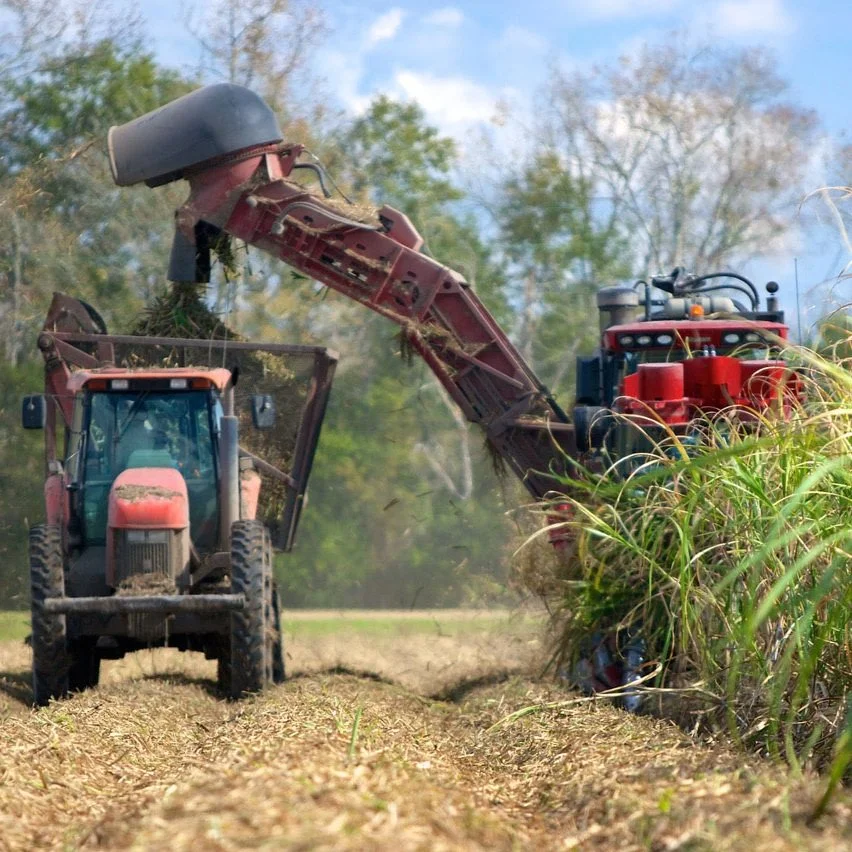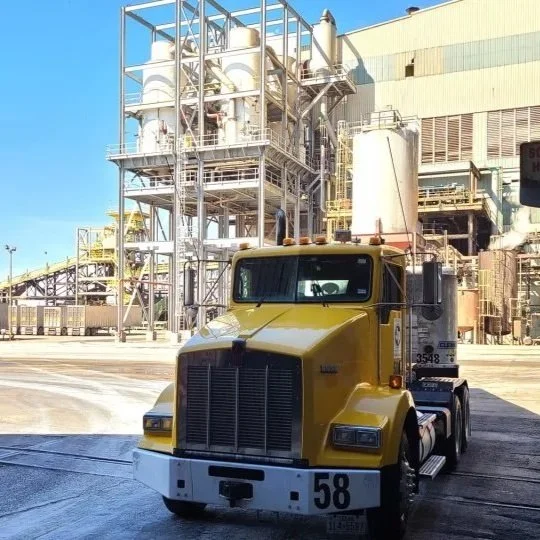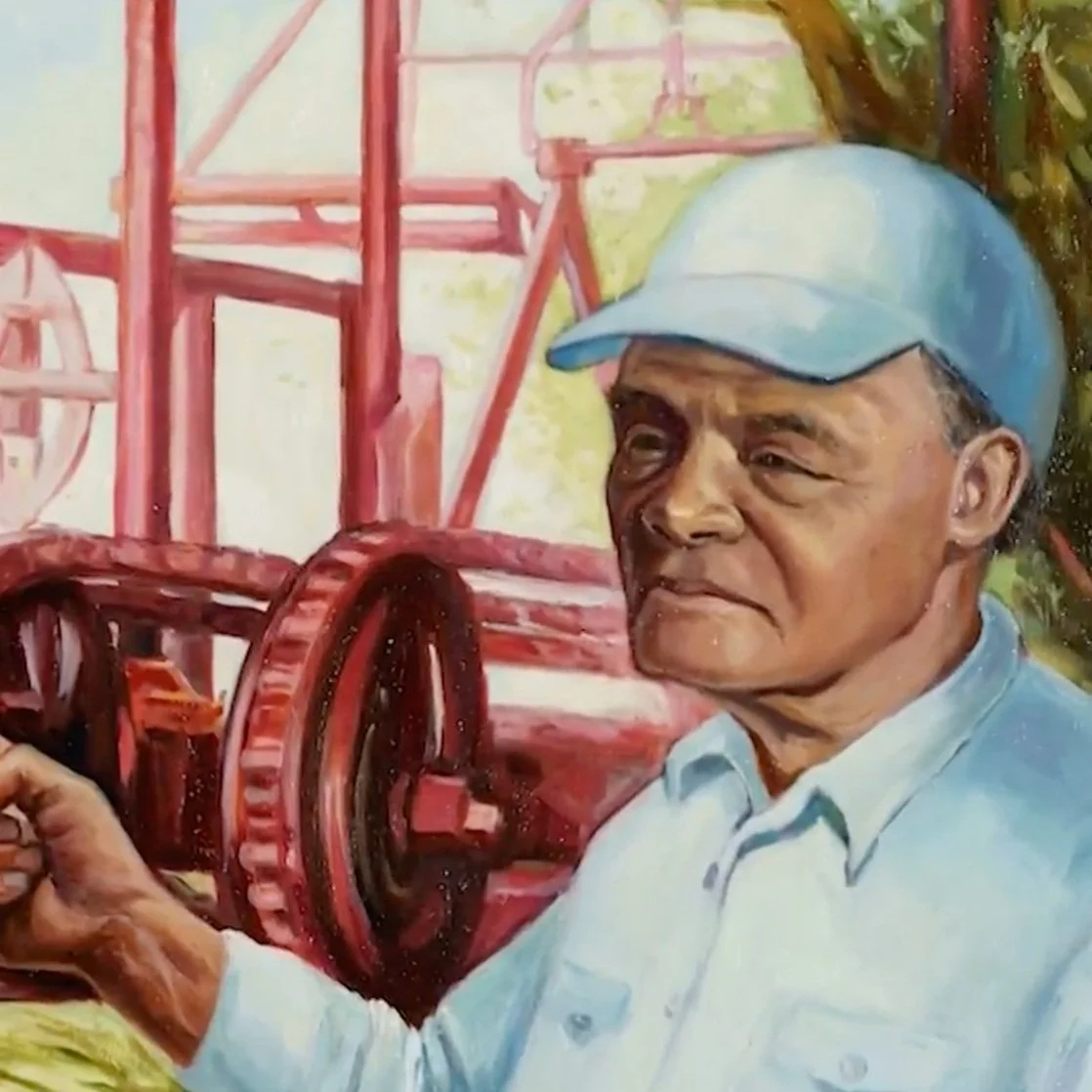The Louisiana sugarcane industry has persevered for more than 225 years, even though it is a tropical crop is growing in a temperate environment. Growers regularly face a challenging climate, which includes the threat of early winter freezes before the crop is harvested. An early freeze can kill the sugarcane plant and cause the sugar (sucrose) inside of the stalk to deteriorate. Another challenge is the short seven-to-10-month growing season.
Read MoreThe domestic production of sugar in the U.S. originates from sugarcane harvested in Florida, Louisiana, and Texas and sugarbeets harvested across the Upper Midwest, Central Plains, Mountain states, Pacific Northwest, and California.
Sugarcane is harvested from October to March and sugarbeets are harvested in the late summer through fall, except for California where sugarbeets are harvested in the spring through the summer.
Read MoreRecently the Food and Agriculture Policy Research Institute (FAPRI) at the University of Missouri released their outlook for U.S. agriculture. They project that American sugar production remains strong and is expected to grow, despite challenges we have seen over the past couple years including factory closures in Sidney, MT, and Santa Rosa, TX.
“Despite new and existing challenges, the forecast is bright for American sugar production as long as the farmers’ safety net is strengthened,” said Dr. Rob Johansson, Director of Economics and Policy Analysis at the American Sugar Alliance.
Read MoreIn a pocket of central Louisiana, a surprising crop for that area is taking root — sugarcane.
Sugarcane, a tropical crop, has traditionally been limited to south Louisiana. But by using precision breeding techniques, LSU AgCenter researchers are developing sugarcane varieties that can withstand colder temperatures.
Read MoreTrycera herbicide from Helena Agri-Enterprises has received federal registration from the U.S. Environmental Protection Agency (EPA) for use in sugarcane. Trycera is the first triclopyr product to be approved for use in the crop. It offers sugarcane growers a new tool to control Divine nightshade and other problematic weed species, pending approval by state regulatory agencies.
Read MoreUSDA is struggling to manage sugar supplies amid soaring domestic and international prices and a drought that continues to devastate Mexican growers, slashing the amount they can export to U.S. food and candy manufacturers.
Read MoreDespite 2023’s drought, Louisiana’s landowners, sugarcane producers and millers continue to have confidence in sugarcane in 2024.
Kenneth Gravois, the LSU AgCenter sugarcane specialist, is not surprised.
Read MoreThe nation’s sugar farmers are in Washington, D.C. this week as part of the American Sugar Alliance annual fly-in. Patrick Frischhertz, a member of the American Sugar Cane League National Legislative Committee and a Louisiana farmer, says the event helps Congress know what’s important to the sugar industry.
Read MoreRio Grande Valley Sugar Growers Inc. recently announced it is closing after 51 years in business, citing dwindling water for irrigation and an ongoing dispute with Mexico over water supplies.
The closure will result in layoffs of 435 employees, including 101 company truck drivers, for the sugar-growing operation and mill based in Santa Rosa, Texas. The mill’s closure will be finalized by April 29.
Read MoreLouisiana's sugar cane production is booming.
Despite a severe drought, the state's 2023 harvest produced more than 1.8 million tons of sugar. The number of acres of sugar cane harvested has been increasing over the past few years, as has the tons of sugar per acre, due to more sugar-intense varieties.
It's not just Louisiana.
Read MoreThe River Road African American Museum in Donaldsonville holds important pieces of Louisiana history. The organization maintains a former Rosenwald school and one of the first sugarcane planting machines created by two Black men.
In the early 1900s, education wasn’t easily accessible for everyone. By the middle of the century, two prominent Black men had created dozens of schools in the South, one of which is now in Donaldsonville.
Read MoreThe American Sugar Cane League’s annual meeting will feature guest speaker Robert Johansson, the director of economics and policy analysis of the Washington-based American Sugar Alliance.
Johansson will make his remarks at 10:30 a.m. on Tuesday, February 6 at L’Auberge Hotel & Casino in Baton Rouge. He will speak on renewal of the farm bill and national sugar policy.
Read MoreWhen considering a sugarcane soil fertility program, follow these guidelines. The number one priority should be the soil pH. Soil pH that is outside the optimum ranges will adversely affect the availability of all other applied nutrients. The second most important component of your fertility program should be nitrogen, followed by potassium, sulfur and phosphorus. Soil testing should be a regular part of your soil fertility program. Periodic leaf tissue analyses can verify midseason plant health
Read MoreThe Louisiana Sugarcane Industry has now completed 229 years of commercial sugar production. Considering it’s the northernmost sugarcane growing region in the world, that’s certainly something to be proud of.
Read MoreBe sure to mark February 6-7 on your 2024 calendar. Those are the dates of the annual meeting of the American Sugar Cane League. The League, founded in 1922, depends on the continued support of the sugarcane industry’s growers, millers and landowner members and we’d like everyone to be there.
Read More














